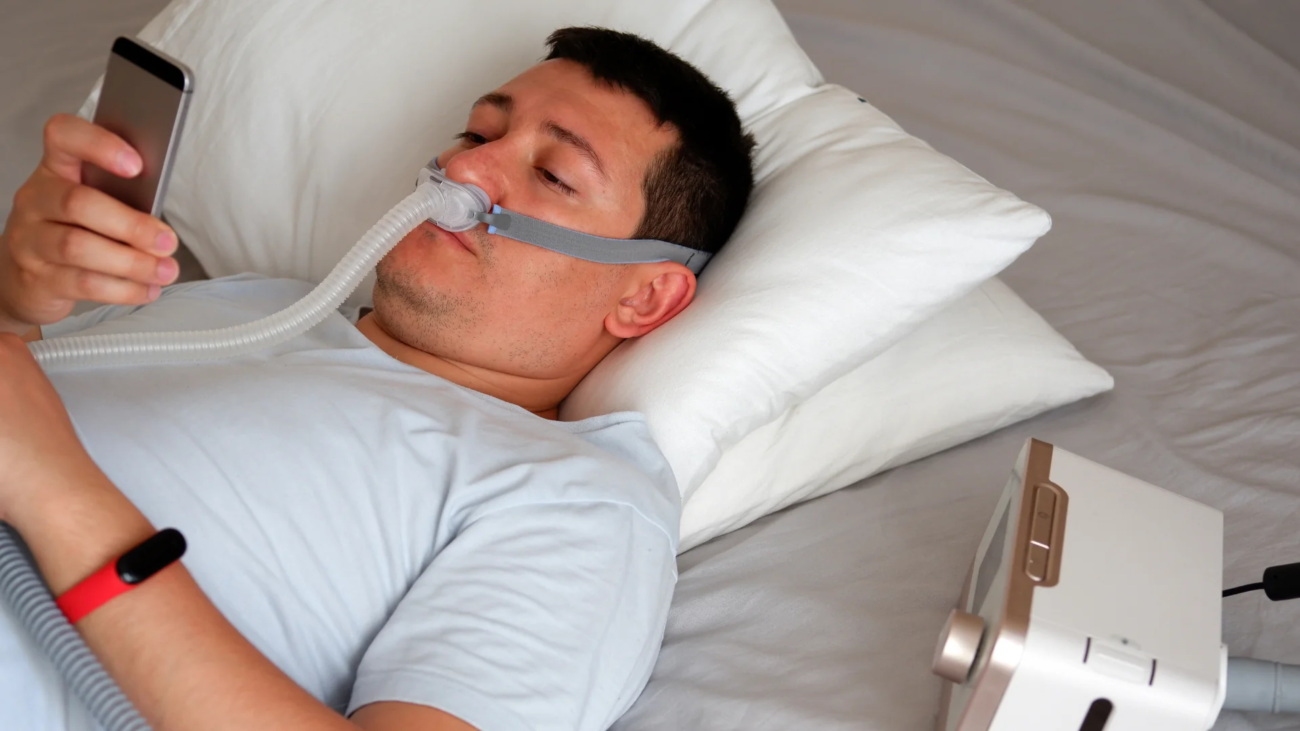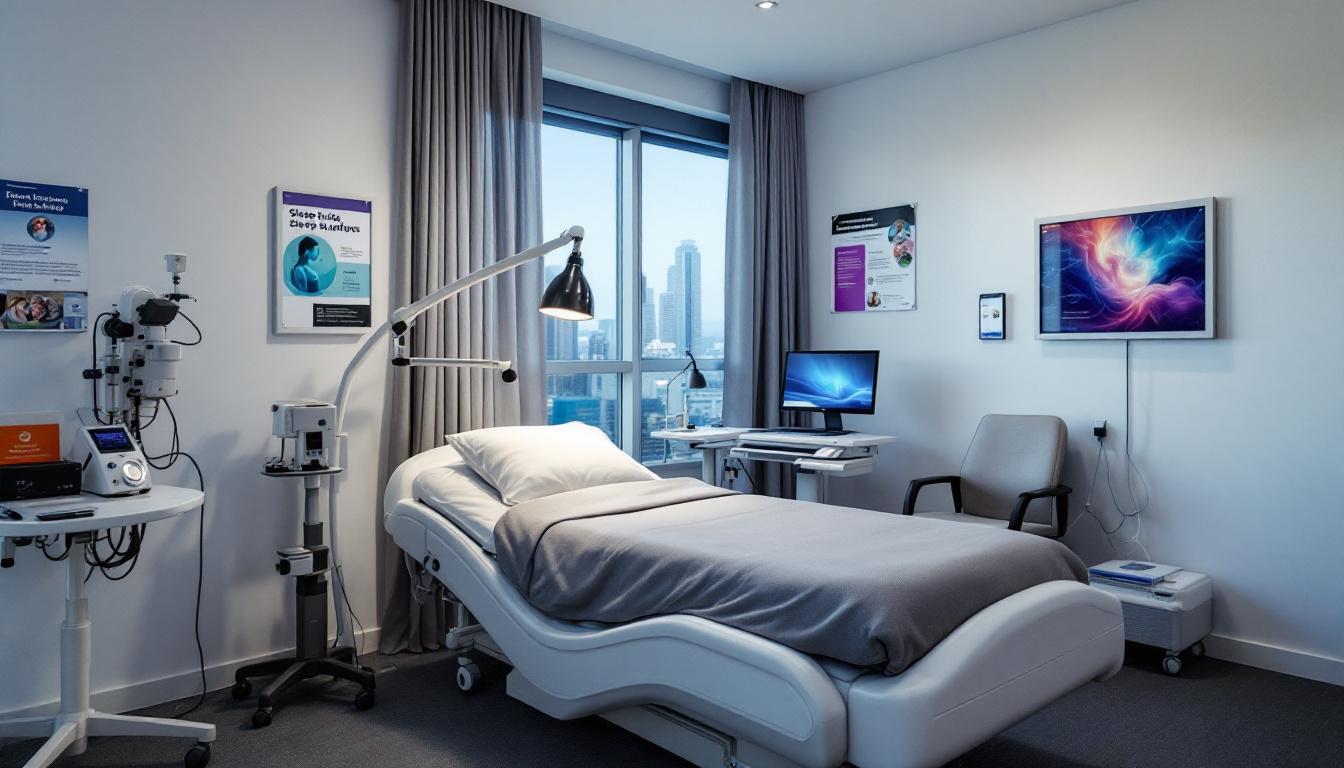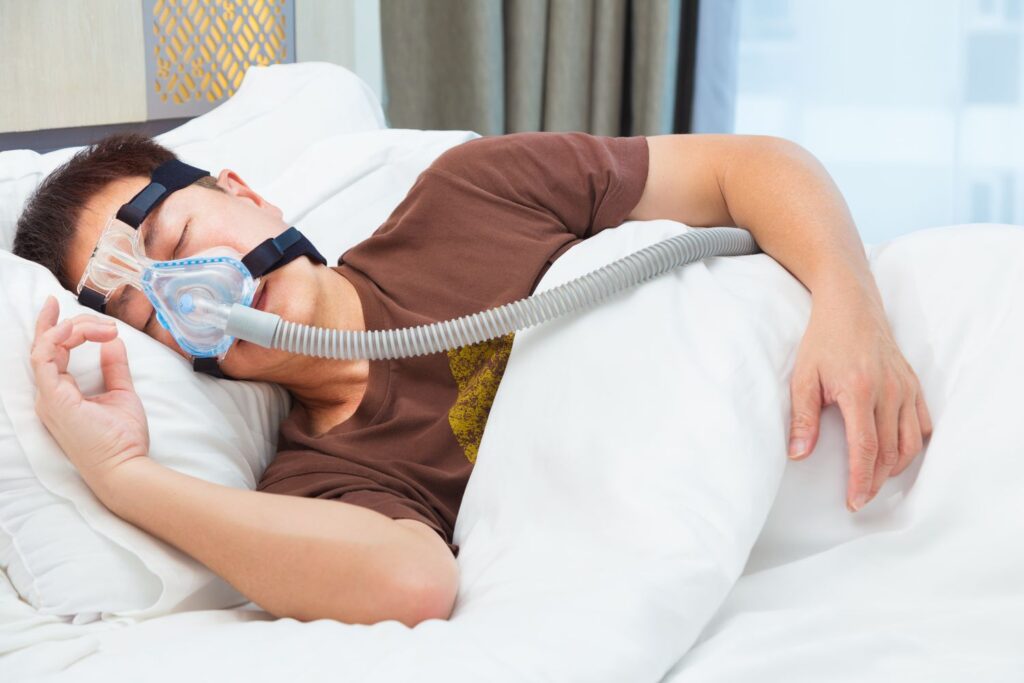Bulk-Bill Sleep Study Melbourne: How to Qualify

Sleep disorders affect millions of Australians, leading to a decline in overall health and wellbeing. In Melbourne, bulk-billed sleep studies provide an accessible way for individuals to diagnose and manage these conditions. This article explores how to qualify for a bulk-bill sleep study in Melbourne, the process involved, and the benefits of seeking help for sleep-related issues.
Understanding Sleep Studies
Sleep studies, or polysomnography, are comprehensive tests that monitor an individual’s sleep patterns. These studies are crucial for diagnosing various sleep disorders, including obstructive sleep apnoea, insomnia, and restless legs syndrome. By analysing data collected during sleep, healthcare professionals can provide accurate diagnoses and recommend appropriate treatments. The importance of these studies cannot be overstated, as sleep is a vital component of overall health, influencing everything from cognitive function to emotional well-being.
Qualifying for a bulk-bill sleep study Melbourne is a vital step for those experiencing sleep disorders. By obtaining a referral from a GP and meeting the necessary eligibility criteria, individuals can access essential diagnostic services without financial burden. The benefits of participating in a sleep study extend beyond improved sleep quality; they encompass overall health and wellbeing.

In addition to diagnosing sleep disorders, sleep studies can also help identify underlying health issues that may be contributing to sleep problems. For example, conditions such as heart disease, diabetes, and depression can manifest through disrupted sleep patterns. By addressing these interconnected health concerns, patients can improve their quality of life and overall health outcomes.
Types of Sleep Studies
There are primarily two types of sleep studies: in-lab and home sleep studies. In-lab studies are conducted in a specialised sleep centre, where patients are monitored overnight. This method allows for a detailed analysis of sleep stages, breathing patterns, and other physiological functions. During an in-lab study, various sensors are attached to the patient to track brain waves, oxygen levels, heart rate, and even leg movements, providing a comprehensive overview of their sleep architecture.
On the other hand, home sleep studies are designed for convenience, enabling patients to undergo testing in the comfort of their own homes. While these studies may be less comprehensive, they can still provide valuable insights into sleep disorders. Patients are typically given portable monitoring devices that record essential data, such as airflow and snoring patterns, which can be crucial in diagnosing conditions like sleep apnoea. The ease of conducting these studies at home often leads to higher participation rates, allowing more individuals to gain insights into their sleep health without the anxiety that sometimes accompanies a clinical environment.
Importance of Bulk Billing
Bulk billing is a payment option available under the Medicare system in Australia, allowing patients to receive medical services without any out-of-pocket expenses. This is particularly beneficial for sleep studies, which can be costly. By qualifying for bulk billing, patients can access necessary diagnostic services without financial strain, ensuring that more individuals seek help for their sleep issues. This accessibility is vital, as untreated sleep disorders can lead to serious health complications, including increased risk of cardiovascular diseases and impaired mental health.
Furthermore, the availability of bulk billing for sleep studies encourages healthcare providers to offer these essential services more widely. As awareness of sleep health grows, more practitioners are recognising the importance of early diagnosis and intervention. This shift not only benefits patients but also contributes to a broader understanding of sleep disorders within the medical community. With the right support and resources, individuals can take proactive steps towards improving their sleep quality and overall health, leading to a healthier, more productive society.

Who Can Qualify for a Bulk-Bill Sleep Study?
Qualifying for a bulk-bill sleep study in Melbourne generally requires a referral from a medical professional. This referral is essential as it indicates that a healthcare provider has assessed the patient’s symptoms and determined the need for further investigation. However, there are specific criteria that patients must meet to ensure they are eligible for bulk billing. Learn more about symptoms on https://www.medicalnewstoday.com/articles/161858
Referral from a General Practitioner
The first step in qualifying for a bulk-bill sleep study is obtaining a referral from a general practitioner (GP). During the consultation, the GP will evaluate the patient’s sleep patterns, medical history, and any symptoms they may be experiencing. Common symptoms that may prompt a referral include excessive daytime sleepiness, loud snoring, and difficulty concentrating.
Once the GP has established the necessity for a sleep study, they will provide a written referral. This document is crucial, as it serves as proof that the patient requires the study for diagnostic purposes.
Eligibility Criteria
In addition to having a referral, patients must meet certain eligibility criteria to qualify for bulk billing. These criteria may vary between sleep clinics, but common requirements include:
- Being a Medicare cardholder.
- Experiencing symptoms indicative of a sleep disorder.
- Having a referral from a qualified healthcare professional.
Some sleep clinics may also have specific conditions regarding age or medical history, so it is advisable for patients to check with the clinic beforehand.
The Process of Undergoing a Sleep Study
Once a patient has qualified for a bulk-bill sleep study, the next step is to undergo the actual study. The process can vary depending on whether the study is conducted in a lab or at home.
In-Lab Sleep Study Process
For an in-lab sleep study, patients will typically arrive at the sleep centre in the evening. After a brief orientation, they will be fitted with monitoring equipment, including electrodes placed on the scalp, face, and body. These devices track brain activity, heart rate, and breathing patterns throughout the night.
Patients are encouraged to sleep as they normally would, allowing for an accurate assessment of their sleep quality and any disturbances. The following morning, the data collected will be analysed by a sleep specialist, who will then provide a report and recommendations based on the findings.
Learn more on: Sleep Study Melbourne Cost: What You Should Know
Home Sleep Study Process
Home sleep studies are designed to be user-friendly and typically involve the patient using a portable monitoring device. After receiving instructions from the sleep clinic, patients will set up the equipment themselves and wear it while they sleep.
Once the study is complete, the data is sent back to the clinic for analysis. This method is often preferred by patients who may feel uncomfortable sleeping in a lab environment, as it allows for a more natural sleep experience. To learn more about environment click here.
Benefits of Participating in a Bulk-Bill Sleep Study
Participating in a bulk-bill sleep study can offer numerous benefits, particularly for those struggling with sleep disorders. Understanding these advantages can motivate individuals to seek the help they need.
Improved Sleep Quality
One of the most significant benefits of undergoing a sleep study is the potential for improved sleep quality. By identifying the underlying causes of sleep disturbances, healthcare providers can recommend tailored treatment plans. This may include lifestyle changes, the use of CPAP machines for sleep apnoea, or cognitive behavioural therapy for insomnia.
As patients begin to address their sleep issues, they often report feeling more rested and alert during the day, leading to enhanced productivity and overall wellbeing.
Enhanced Overall Health
Sleep plays a crucial role in maintaining overall health. Chronic sleep disorders have been linked to various health issues, including obesity, diabetes, cardiovascular disease, and mental health disorders. By participating in a sleep study and receiving appropriate treatment, individuals can significantly reduce their risk of developing these conditions.
Moreover, improved sleep can lead to better emotional regulation, increased energy levels, and a stronger immune system, all contributing to a healthier lifestyle.
What to Expect After the Study
After completing a bulk-bill sleep study, patients will typically receive a follow-up appointment with their healthcare provider to discuss the results. This appointment is crucial for understanding the findings and determining the best course of action moving forward.
Interpreting the Results
The results of a sleep study will provide insights into various aspects of the patient’s sleep, including sleep stages, breathing patterns, and any abnormalities detected during the night. A sleep specialist will explain the findings in detail, helping patients understand what they mean for their health.
In cases where a sleep disorder is diagnosed, the specialist will outline potential treatment options tailored to the individual’s needs. These may include lifestyle modifications, medical interventions, or referrals to other specialists.
Ongoing Support and Management
Managing a sleep disorder often requires ongoing support and follow-up care. Patients may need regular check-ins with their healthcare provider to monitor progress and make any necessary adjustments to their treatment plan. This collaborative approach ensures that individuals receive the best possible care and support as they work towards improving their sleep health.
Conclusion
For those struggling with sleep issues, taking the initiative to seek help can lead to significant improvements in daily life. With the right support and management, a restful night’s sleep is within reach.
